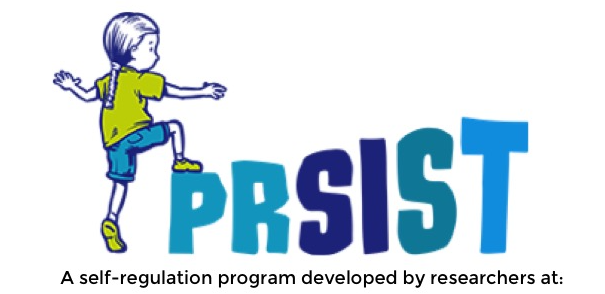
Same Kind
What to do: In this activity, name things within and outside a target category and have children take a step forward only when you say the things that are part of that category (e.g., animals, sometimes foods, living things, storybook characters). As a first step, decide with the children what category will be the focus of the game (or use the current theme/topic you have been exploring with children). For example, you may choose the category of animals, for which children would step forward if you say dog, but not if you say ball. Have the children line up across the room/playground from you. Then start calling out words, checking whether children step forward when they are supposed to and don’t step when they are not supposed to. Whenever children take steps incorrectly, or do not step when required, have those children take three steps back, and then return to naming. The game ends when the first child (or all children) reaches the educator (for a cuddle). If desired, and appropriate, have that child lead the next round of the game and support them in this.
Too easy? How to increase challenge: Name items more rapidly. You can also string a number of correct items one after the other (as in Simon Says) before an incorrect item, so children get into a ‘habit’ of stepping. To make it even harder, have children return to the start line whenever they step when they shouldn’t, or don’t step when they should.
Ideal location(s): Outdoors.
Ideal formation(s): Large group or small group.
What you need: A planned category and list of things that do and do not fall within that category. If you have children with English as an additional language, you could create a photo board where you group images under particular categories.
What it does: This activity challenges children’s ability to maintain attention on things they have to remember, and resist the impulse to simply do what they did last.
Real life application and implications: Life is full of urges and impulses, at least some of which we are better off resisting. We may be full, but continue eating the snacks in front of us. We may have enough shoes, but get tempted by the sales at the mall. One child may want to grab a toy that another child is already playing with. A foundational ability in early childhood and beyond is the ability to resist urges and impulses that are contrary to our goals or current context. Yet these abilities don’t develop on their own. As with nearly everything, practice makes perfect. This activity gives children an opportunity to challenge and extend their ability to resist urges and impulses (to continue taking a step forward) that are contrary to requirements of the situation.
Links to EYLF:
Demonstrate an increasing capacity for self-regulation; Take considered risks in their decision-making and cope with the unexpected; (from Outcome 1.2)
Are empowered to make choices and problem solve to meet their needs in particular contexts (from Outcome 2.3)
Make choices, accept challenges, take considered risks, manage change and cope with frustrations and the unexpected (from Outcome 3.1)
Initiate and contribute to play experiences emerging from their own ideas; Persist even when they find a task difficult (from Outcome 4.1)
Begin to sort, categorise, order and compare collections and events and attributes of objects and materials, in their social and natural worlds (from Outcome 5.4)




